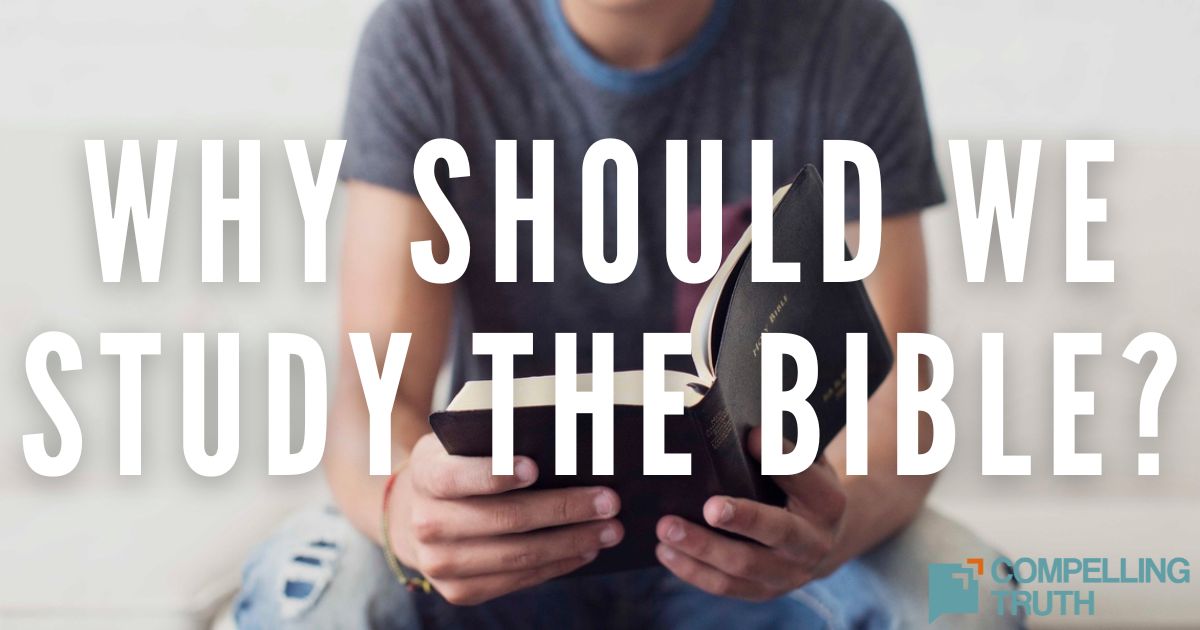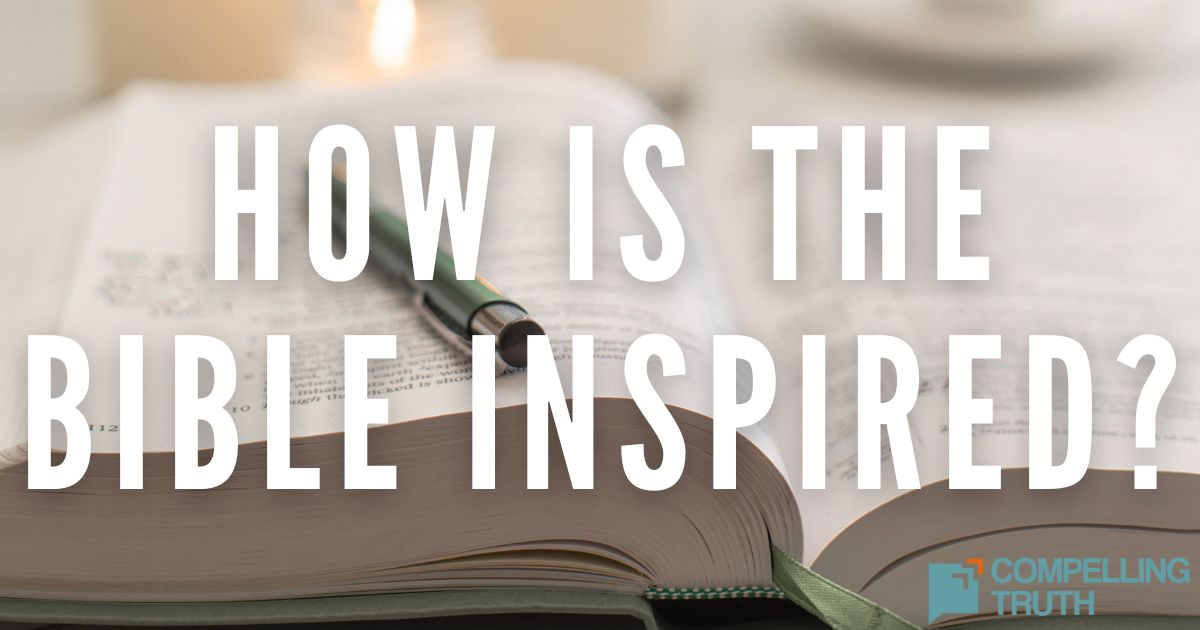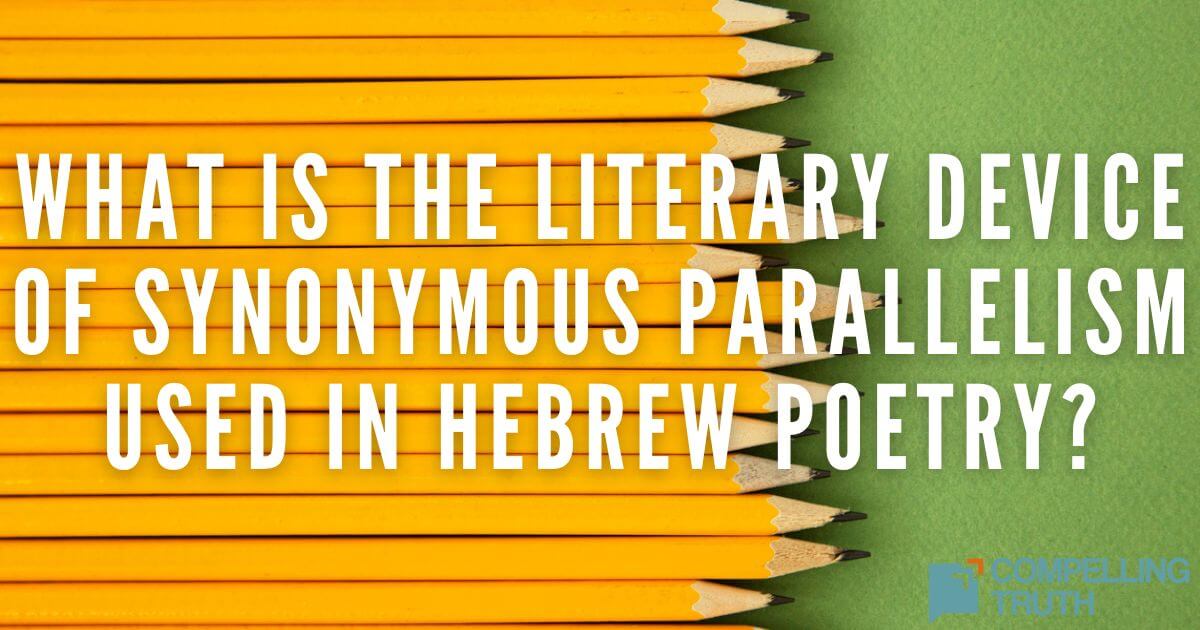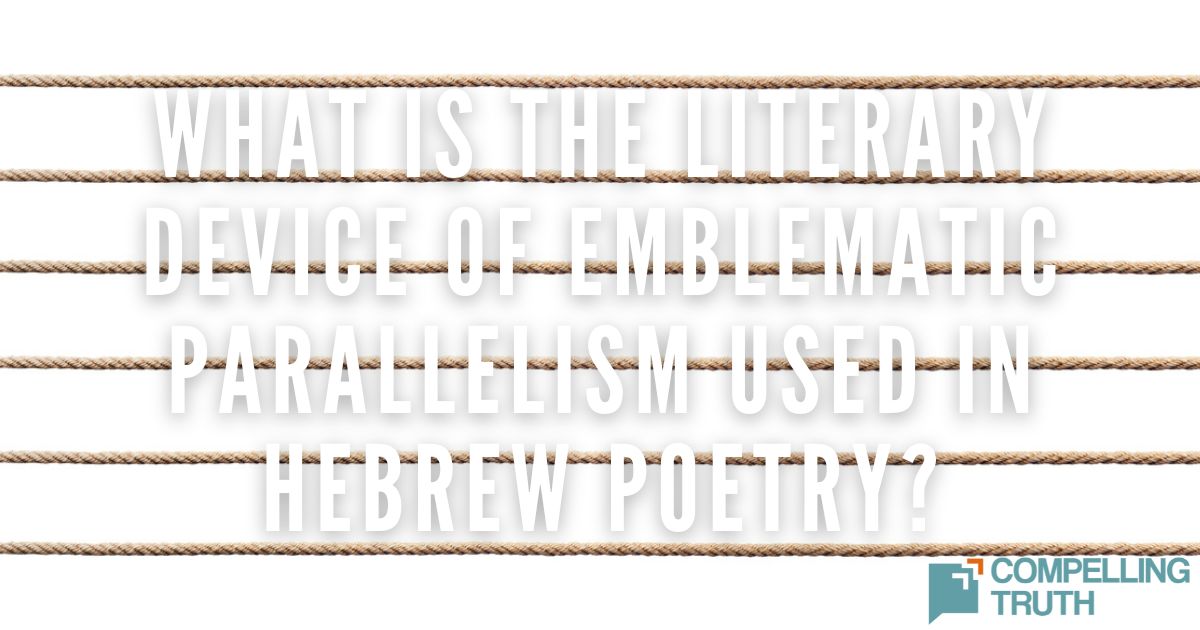Parallelism is a poetic literary device that is used to emphasize an idea. Hebrew poetry in the Old Testament wisdom books, such as Proverbs and Psalms, uses several forms of parallelism, including antithetical parallelism. Something antithetical is opposed to or contrasted with something else. Parallelism implies that the phrases lie side by side. An antithetical parallelism provides contrasting thoughts that complete an idea. Often, but not always, antithetical parallelism is set up with the conjunction but, as seen in the examples below.
Sometimes in Hebrew poetry, multiple types of parallelism are used, such as in Proverbs 8:35–36:
"For whoever finds me finds life
and obtains favor from the LORD,
but he who fails to find me injures himself;
all who hate me love death."
This quatrain contains two sets of lines that create an antithetical property. The first two phrases contain synonymous ideas. These are that finding life and obtaining favor are both spiritual gains. The two synonymous ideas in the last two lines are that not finding God and hating God are harmful spiritual attributes. The two couplets are antithetical because the ideas conveyed in the first two lines of finding the Lord and its consequent spiritual gain is contrasted to failing to find the Lord and its harm to the spirit.
Poetic devices appeal to our philosophic nature, and thus can be richly interpreted. The beauty and depth of poetry is that it can be read from different angles, including word choice, meter, and form. Many of the poems in the Psalms are designed for both enjoyment and enlightenment.




